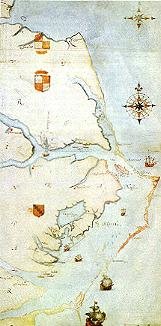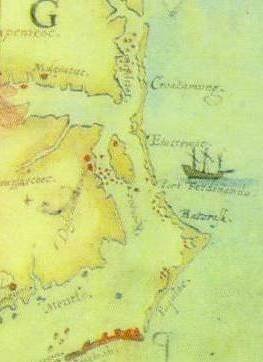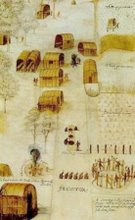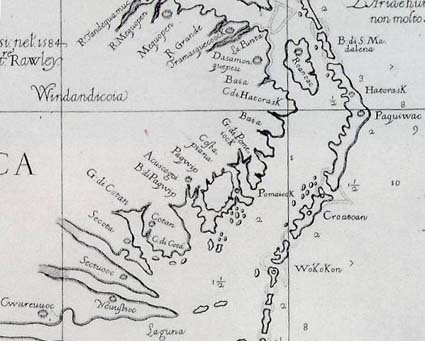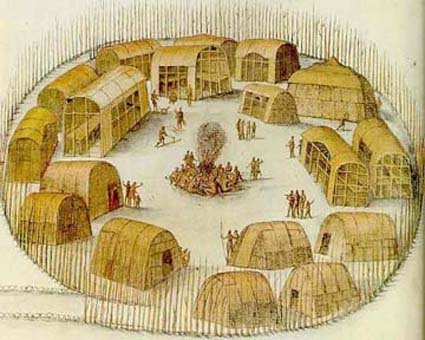 Fearing family continues tradition of support for The Lost Colony
Fearing family continues tradition of support for The Lost Colony
Keeping the longstanding Fearing family tradition of generosity and support for The Lost Colony, Mollie A. Fearing & Associates has again renewed their $5,000 corporate sponsorship to offset overall costs of the production.Fearing's family ties to The Lost Colony story pre-date the symphonic drama. In the late 1920's her great uncle, the late D. Bradford Fearing chaired a committee that organized "The Pageant of Roanoke". The idea inspired Fearing and others who persuaded Pulitzer Prize-winning playwright Paul Green to write a play about Roanoke Island's famed "lost colony."
The elder Fearing, a local merchant and politician, oversaw the production its inaugural year and served as producer and general manager for many years until his death."When you're in our family, you are in service to The Lost Colony," said Grizelle Fearing, president of the Manteo insurance company. "As a kid, I saw The Lost Colony almost every night. Half of the family was in The Lost Colony every summer as costumer, actor-tech, principal, or board member and I was often there to help."Grizelle Fearing's mother, the late Mollie A. Fearing, was one of the production's greatest champions. A gifted hostess, "Miss Mollie" organized The Lost Colony's opening night receptions, board dinners and other social events for years, in addition to serving as a long-time officer and board member.
Fearing's husband, Tom McDonald (grandson of the late Irene Smart Rains, the show's former costumer) has long lent a helping hand, from creating exhibits at places like the Outer Banks History Center, alumni committee work, and even donating items for fundraising auctions from their personal collection. He performed in the show in his youth.
First staged in 1937, The Lost Colony tells the real-life story of America's "lost colony" of men, women and children who sailed from Plymouth, England, in 1587 to establish an English colony on Roanoke Island (N.C.). Predating Jamestown by 22 years and Plymouth by 35 years, the settlement disappeared with hardly a trace, leaving historians and archaeologists with a mystery that has never been solved.
Cont. here:
 Fearing family continues tradition of support for The Lost Colony
Fearing family continues tradition of support for The Lost Colony

